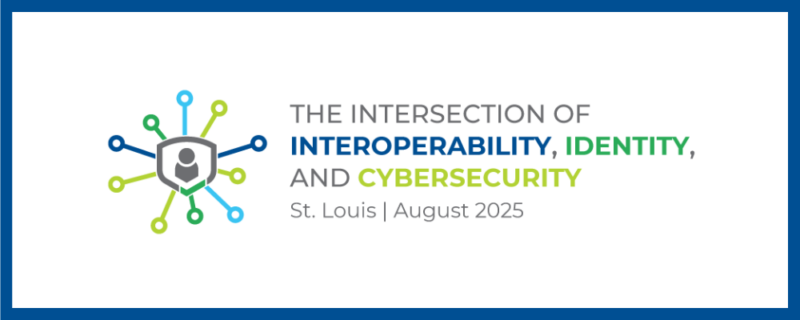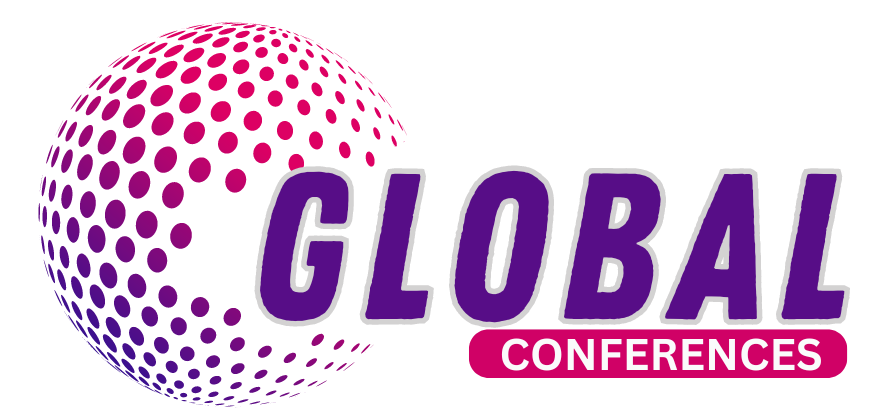The increase in in the complexity of medical tests, procedures and information gathering has created the need for specialists trained in collecting and retrieving often detailed patient medical files. These workers specialize in using electronic medical record keeping technology, and ensuring health care workers can easily and readily access relevant information needed for treating patients.
Job Requirements
- Electronic medical records clerks specialize in organizing and maintaining patient health histories in hospitals, doctor’s offices, dentist’s offices and other health care facilities. These workers typically use computers and other electronic record keeping devices to collect and manage often complicated and detailed medical information. They may be responsible for organizing hand-written notes, X-rays, medical scans, test results and audio-visual material related to a patient’s health history.
Training
- Electronic medical records clerks typically have an associate’s degree in data collection and analysis or similar field. Because changes in medical technology and record keeping can happen frequently, these workers are often required to go through additional training and education on the job, especially when new software or record keeping equipment is introduced.
Skills
- Electronic medical records clerks must be very knowledgeable about the equipment they use on their jobs, and must be able to learn new systems and software platforms as technology changes. As they often work closely with other health care workers. They must have excellent interpersonal and communications skills. Good attention to detail and the ability to prioritize and manage important information requests is also requires.
Daily Life
- Electronic medical records clerks tend to work in comfortable, indoor environments. They typically work standard work weeks, thought those that work in all-day environments such as hospitals and other care facilities may work at any time of the day. About 14 percent of these workers were part-time employees in 2008, with the rest occupying full-time positions.
Salary and Job Opportunities
- The Bureau of Labor Statistics estimates there were about 172,000 medical records technician in 2008. These jobs were expected to grow much faster than average between 2008 and 2018. Job prospects were expected to be good, especially as more and more medical facilities begin using electronic record keeping systems. The average salary for health information techs in 2008 was about $30,000, with the median 50 percent earning between $24,000 and $39,000.


























